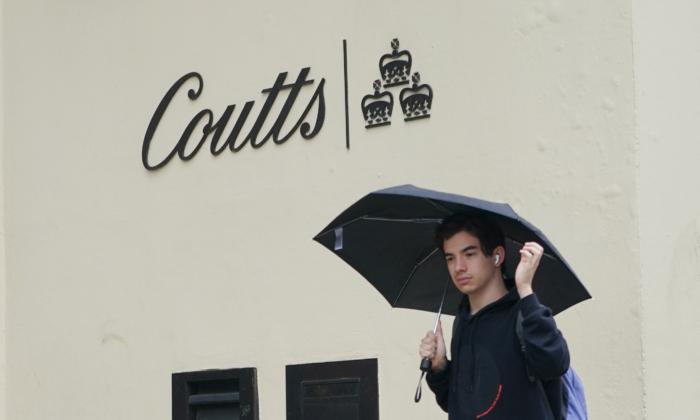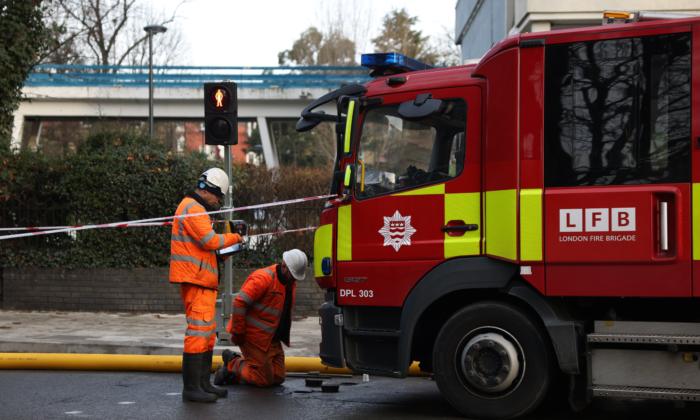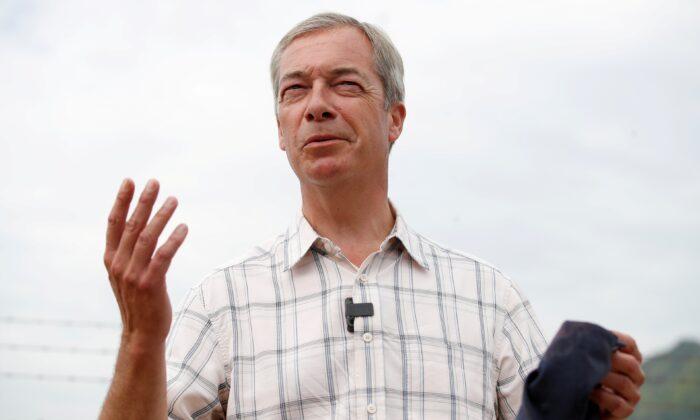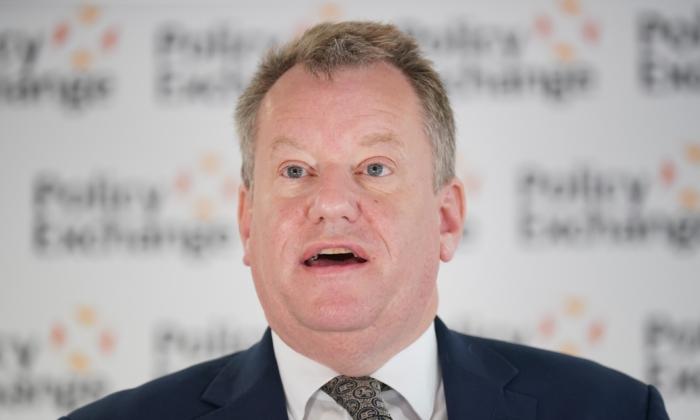The Chinese regime announced on Friday it is imposing sanctions on British individuals and entities in retaliation for UK sanctions against Chinese officials responsible for the alleged abuse of Uyghurs in Xinjiang.
The Chinese Foreign Ministry said on Friday it had summoned Britain’s ambassador to China to “lodge solemn representations, expressing firm opposition and strong condemnation.”
Beijing had decided to sanction nine individuals and four entities on the UK side that “maliciously spread lies and disinformation,” a Chinese Foreign Ministry spokesperson said.
In response, British Prime Minister Boris Johnson said, “The MPs and other British citizens sanctioned by China today are performing a vital role shining a light on the gross human rights violations being perpetrated against Uyghur Muslims.”
“Freedom to speak out in opposition to abuse is fundamental and I stand firmly with them,” he wrote on Twitter.
“If Beijing want to credibly rebut claims of human rights abuses in Xinjiang, it should allow the UN High Commissioner for Human Rights full access to verify the truth.”
The nine UK individuals include five Conservative MPs—Tom Tugendhat, Iain Duncan Smith, Neil O'Brien, Tim Loughton, and Nusrat Ghani—who have been vocal about the Chinese regime’s human rights abuses in Xinjiang.
Ghani said she “won’t be intimidated or silenced,” and neither should the British government.
The list includes two members of the House of Lords—Lord David Alton, a cross-bencher, and Labour peer Baroness Helena Kennedy.
Also targeted was Sir Geoffrey Nice QC, who chaired the China Tribunal on forced organ harvesting and is now leading a tribunal investigating Beijing’s treatment of the Uyghurs.
In addition, a British academic—Joanne Nicola Smith Finley from Newcastle University—was subjected to the measures.
The Chinese Foreign Ministry said the sanctioned individuals and their immediate family members are prohibited from entering mainland China, Hong Kong, and Macao, and their property in China, if any, will be frozen.





